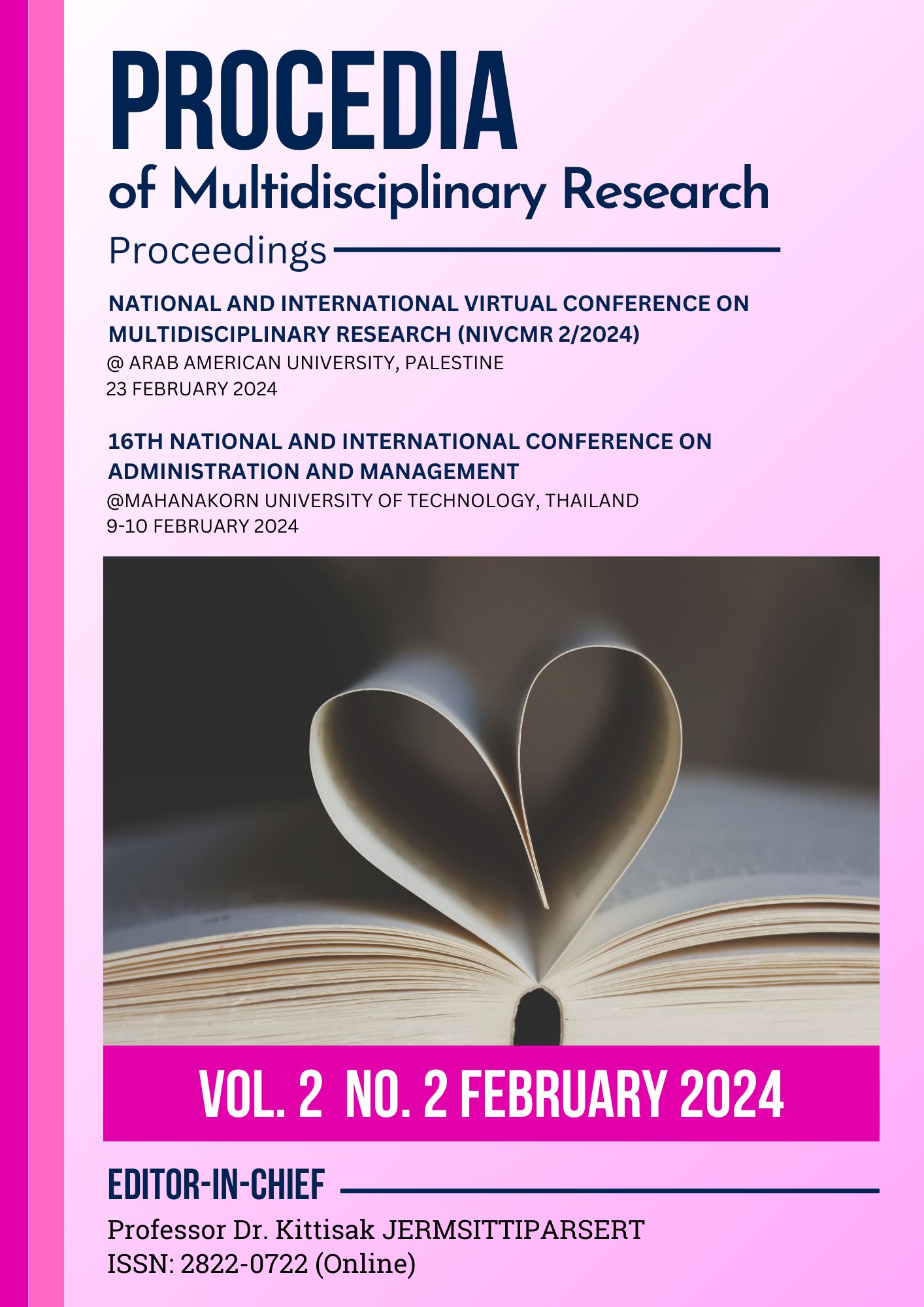IMPACT ASSESSMENT OF ELEPHANT CAMP ACTIVITIES ON WATER QUALITY OF MAE TAENG RIVER, CHIANG MAI PROVINCE
Abstract
The elephant camp is an elephant farming establishment and various activities related to tourism. Most of the elephant camps are located near the rivers to avoid water shortage problems. However, the elephant camps have carried out their activities without monitoring of environmental impacts. Potentially impacting the well-being of both water resources and elephants. This study aims to assess the water quality affected by elephant camp activities on the Mae Taeng rivers in Mae Taeng district, Chiang Mai province. The physical, chemical, and biological factors including aquatic insect samples were collected from 6 sampling sites along the river in the cold season (November 2020) hot season (April 2021), and wet season (September 2021). The water quality in the cold, hot, and wet seasons was classified as good to moderate, good, and poor to good, respectively, based on ASPT scores. The location and activities of the elephant camp impact the Mae Tang water quality, as classified by the ASPT Score, especially, during the cold and wet seasons at MT4 and MT5, sampling sites where the camps are located. The impact on water quality is not only the activities of the elephant camps but also various other human disruptions that affect the water quality. To clarify the impact of elephant camp activities on water quality, long-term monitoring and assessment are essential
Downloads
Published
Issue
Section
License

This work is licensed under a Creative Commons Attribution-NonCommercial-NoDerivatives 4.0 International License.







.png)


